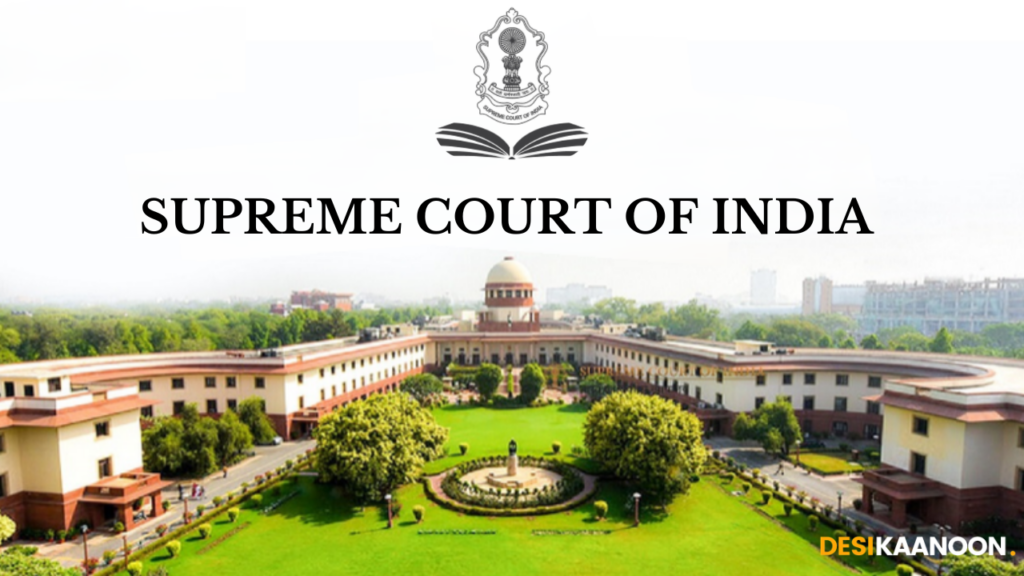Aastha Pareek
A petition was filed before the Supreme Court by Anam Khan and Ayush Agrawal, two candidates who appeared for the CLAT PG 2025 examination, raising serious concerns regarding the examination’s conduct and the provisional answer key. The petition claims procedural inconsistencies, such as delayed distribution of question papers at some centers, which caused unequal treatment among candidates. Anam Khan received her booklet at 1:50 PM, while Ayush Agrawal was handed his after 2:00 PM, effectively reducing his time to complete the exam.
The petitioners also alleged errors in at least 12 questions of the provisional answer key, highlighting these as signs of negligence by the Consortium. They contend that such discrepancies could directly impact candidates’ merit rankings. Moreover, the petitioners object to the exorbitant ₹1,000 fee for raising an objection, arguing that this charge is unreasonable, especially given that the errors originated from the Consortium’s own oversight. Despite charging ₹4,000 as an application fee, the petitioners argued that the Consortium failed to ensure the accuracy of the answer key, which as they claim undermines the credibility of the examination process.
In addition to these procedural issues, the petitioners raised concerns about the timeline followed for releasing the final answer key and initiating counseling. With the final answer key set to be released on December 9 and counseling registration beginning on December 11, the petitioners argued that this narrow window does not allow adequate time for candidates to challenge any errors or discrepanciesthrough appropriate legal channels. This, they argued, prejudices candidates who may need to seek judicial review of the final answer key or the results.
The petitioners have therefore requested the Court to stay the publication of the results of CLAT PG 2025 and counseling until a corrected final answer key is released, ensuring that the exam’s integrity is maintained and that candidates are treated fairly. This petition sheds light on the issues of transparency, accountability, and fairness in one of India’s most significant law entrance exams.
Case Name : Anam Khan and Anr. v. Consortium of National Law Universities
Case Number: 56811/2024

